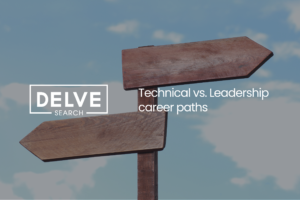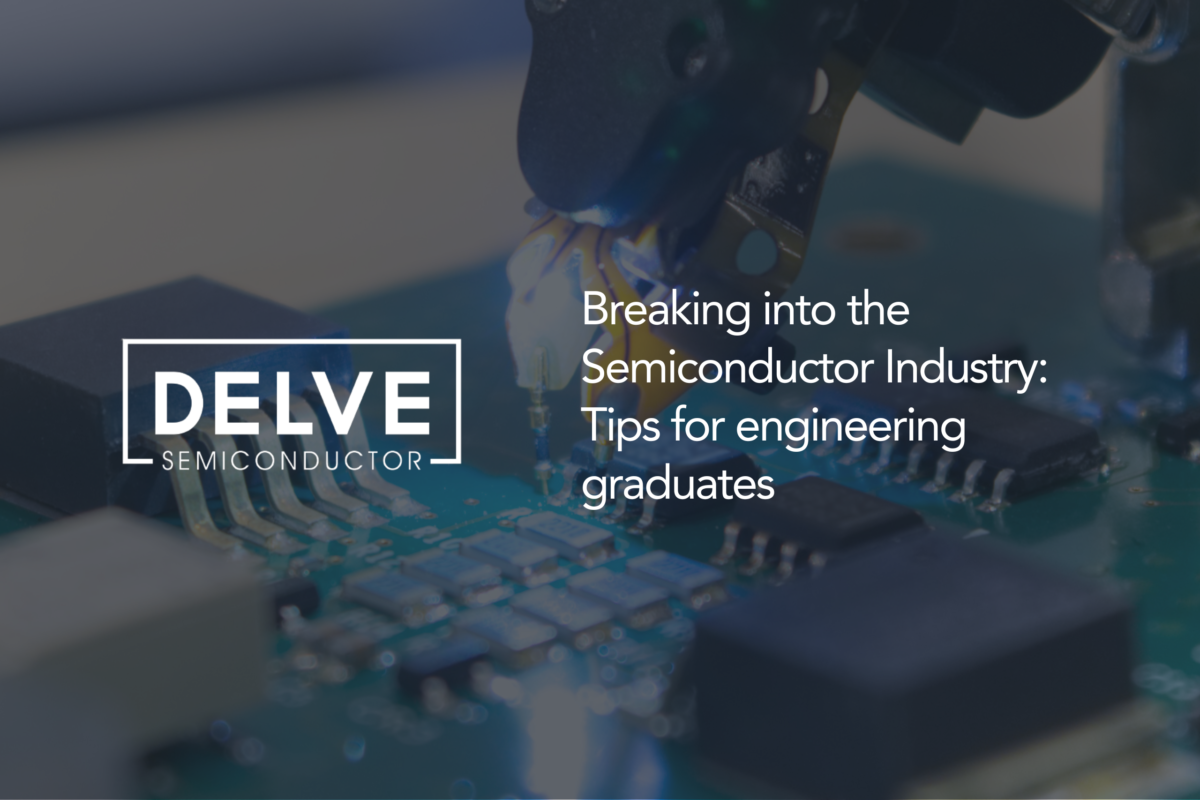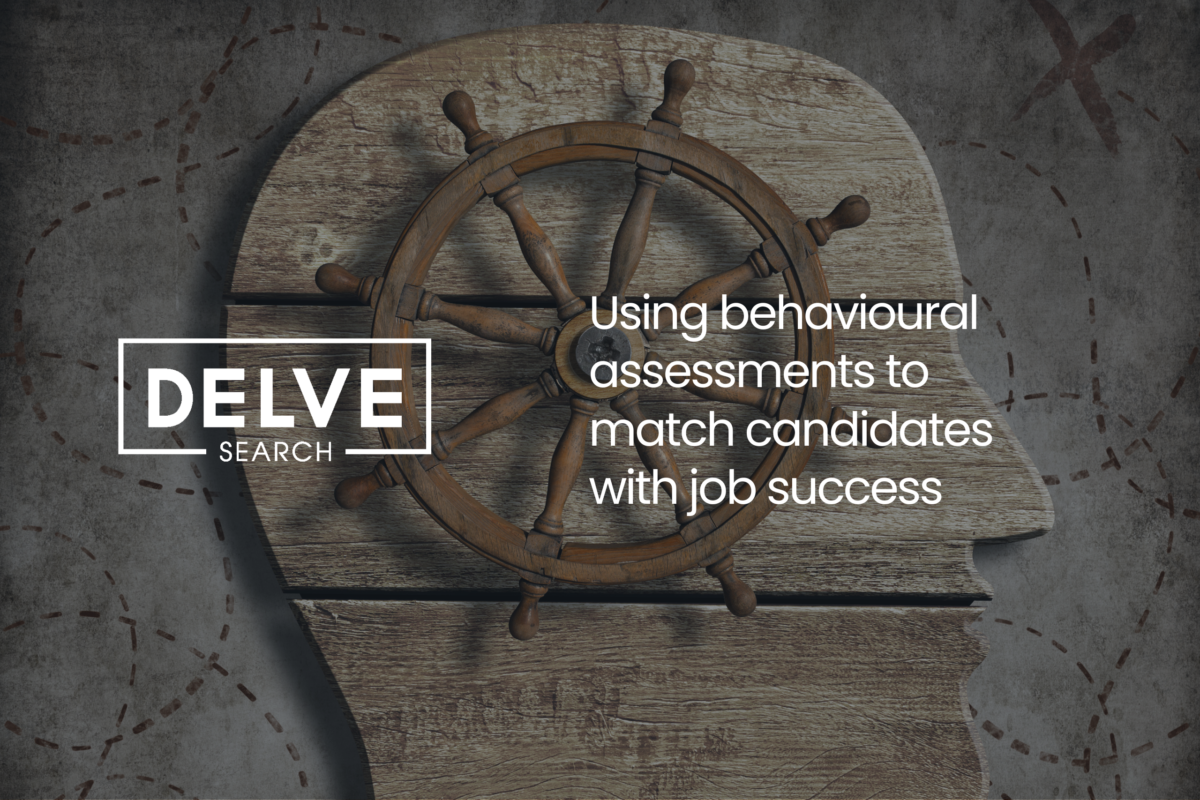
Breaking into the Semiconductor Industry: Tips for engineering graduates
By Jake Harrison
The semiconductor industry is a key part of modern technology and is a dynamic field that offers numerous opportunities for engineering graduates. As you embark on your career journey, here are some essential tips I’d like to share from speaking with recent graduates.
Understand the industry landscape
Firstly, do your homework on the industry! Find out who the key companies are (not just the biggest) and where they’re based. Learn about their technology and how it’s used in the process. This will help you figure out which positions fit your skills and interests best. Plus, showing that you’ve done your research will impress interviewers and show you’re serious about the position.
Strengthen your technical foundation
The semiconductor industry demands a strong technical background. Focus on solidifying your knowledge in key areas such as semiconductor physics, digital and analogue circuit design, microfabrication techniques, and materials science. If possible, select elective courses or projects during your studies that align with semiconductor technologies.
Gain practical experience
This is a big one! Hands-on experience is invaluable. Internships, co-op programmes, or research projects related to semiconductors/equipment will give you practical skills and demonstrate your commitment to potential employers. These experiences not only enhance your CV but also provide you with a clearer understanding of day-to-day operations in the industry.
Engage in industry networking
Networking is a powerful tool for career development. Attend industry conferences, workshops, and seminars to meet professionals in the field. A lot of exhibitions have student days specifically to attract you to join these businesses! Join relevant professional organisations such as the Institute of Electrical and Electronics Engineers (IEEE) and the Semiconductor Industry Association (SIA). These connections can provide mentorship, job leads, and insights into industry trends.
Tailor your CV and cover letter
When applying for positions, a key frustration for hiring managers or recruiters is seeing a CV that shows some potential but doesn’t have enough information. Customise your CV to highlight relevant skills and experiences after reviewing the job advert or company’s technology. Emphasise any semiconductor-related projects, internships, or coursework. Use specific examples to demonstrate your problem-solving abilities, teamwork, and technical expertise. Tailoring your application shows that you have done your homework and are genuinely interested in the role.
Prepare for interviews
Interviews in the semiconductor industry can be challenging but vary depending on what role you’re applying for. If it’s a process engineering role, be ready to talk about optimising performance, if it’s sales then be prepared to talk about communication & customer-facing skills, if it’s service engineering then be prepared to talk about problem-solving on machinery. If you’re working with a recruiter, then ask them for time to practice – they’ll have insight as to what the company’s questions may be or how their clients would like employees to think. Practicing with sample interview questions will boost your confidence and performance.
Entering the semiconductor industry as an engineering graduate requires a combination of strong technical knowledge, practical experience, and strategic networking. By understanding the industry landscape, honing your skills, and demonstrating your passion, you can position yourself as a competitive candidate. Stay curious, keep learning, and embrace the challenges ahead. The semiconductor industry offers a rewarding career path with endless opportunities for innovation and growth.
Reach out to find out more about how Jake can support you:
LinkedIn: Jake Harrison
Email: jake.harrison@delverec.com
Phone: +44 (0)1606 664 193
Share This Blog
Recent Articles

Technical vs. Leadership career paths

The hidden engine of Germany’s innovation: Why the future of engineering relies on a proactive approach

Networking Tips for Semiconductor Professionals in Europe

Key workforce challenges in the Advanced Engineering sector

Breaking into the Semiconductor Industry: Tips for engineering graduates




